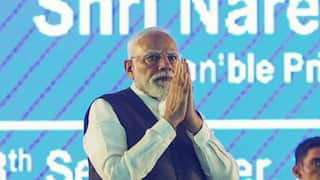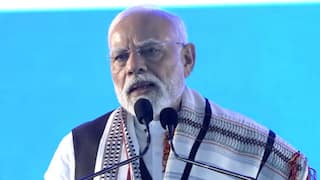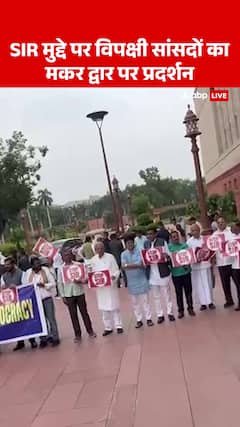Tax-Free Investment Limit In PF Raised Up To Rs 5 lakh If Employers Don't Contribute, Know What It Means For You
PF Tax Rule: The finance minister also stressed that tax on interest on provident fund contribution affects only 1 per cent of the contributors, and the remaining are not impacted as their contribution is less than Rs 2.5 lakh per annum.

In much relief to taxpayers, Finance minister Nirmala Sitharaman increased the deposit threshold limit to ₹5 lakh per annum in the provident fund for which interest would continue to be tax-exempt provided there is no employer contribution.
In the Budget 2021, Sitharaman announced interest earned on the EPF contributions (only employee contribution) above ₹2.5 lakh to be taxable from 1 April. Also Read: Failed ATM Transaction Due To Insufficient Fund Attracts Penalty. Know How Much Your Bank Charges You!
"In order to rationalise tax exemption for the income earned by high-income employees, it is proposed to restrict tax exemption for the interest income earned on the employees’ contribution to various provident funds to the annual contribution of ₹2.5 lakh," Sitharaman stated in the Budget speech.
In reply to the debate on the Finance Bill 2021 in the Lok Sabha, Sitharaman announced raising the limit to Rs 5 lakh in cases where employers do not make contributions to the provident fund.
The minister also stressed that tax on interest on provident fund contribution affects only 1 per cent of the contributors, and the remaining are not impacted as their contribution is less than Rs 2.5 lakh per annum.
What does it mean for taxpayer?
The particular announcement is aimed at taxing high-value depositors in the Employees Provident Fund. Typically, 12 per cent of an employee's basic salary and performance wages is compulsorily deducted as provident fund, while the employer contributes another 12 per cent.
Also, remember that the new provision will only consider the employees’ contribution and not the total contribution to the fund during any year. Hence, it will have a limited impact, especially on the high-income salaried individuals.
Those investing more than the mandatory 12 per cent of basic pay through Voluntary Provident Fund will also get impacted.
Since the government finds it difficult to sustain offering tax-free interest on the provident fund, it is trying to curb high-income earners from self contributing more to their PF accounts. Basically, the government is trying to rationalise the tax-free interest accrual that may most impact the high-income bracket.






































